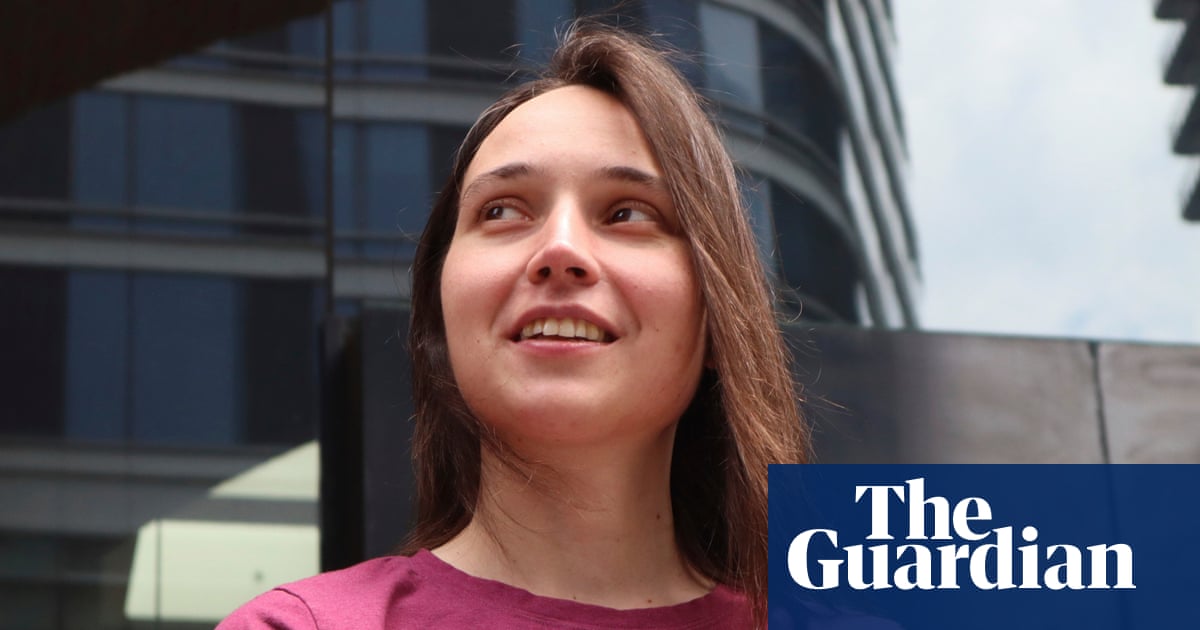AHarvard Universityresearcher detained by Ice for months after being accused of smuggling frog embryos into the US was indicted on Wednesday on additional criminal charges.
Kseniia Petrova, a Russian-born scientist conducting cancer research for Harvard Medical School, was indicted on Wednesday by a federal grand jury inBostonon one count of concealment of a material fact, one count of false statement and one count of smuggling goods into the United States. She had originally been charged with smuggling in May.
Petrovawas stoppedat Boston’s Logan airport by US authorities on her way back from France in February, over what appeared to be an irregularity in customs paperwork related to a packet from a specialist lab of superfine spliced sections of frog embryos, for research.
She was arrested and ended up indetention in Louisiana. Petrova was told her visa was being revoked and she was being deported to her native Russia, despite saying she feared persecution for opposing the invasion of Ukraine
She wasordered releasedon bail in May and transferred back to Massachusetts to face the federal charges. Despite the additional charges on Wednesday, Petrova will remain on pretrial release. A lawyer for Petrova could not be reached for comment.
She said in an interview with the Associated Press in April that she did not realize the items needed to be declared and was not trying to sneak anything into the country.
If convicted of the smuggling charge, Petrova faces a sentence of up to 20 years in prison and a fine of up to $250,000. She also faces a sentence of up to five years in prison and a fine of up to $250,000 on the charges of concealment of material fact and false statements.
Her colleagues at Harvard have been dismayed at her treatment, saying her expertise in their research is “irreplaceable”, whilePetrova saidforeign scientists “enrich” the US. Shehad describedconditions in detention as overcrowded, with extremes of temperatures, constant noise and terrible food.
